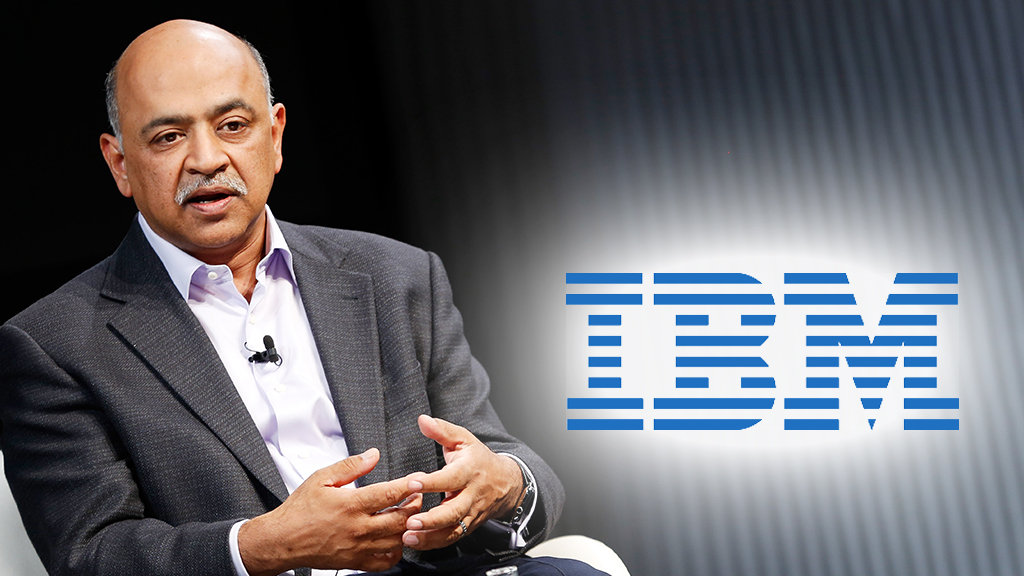
IBM is set to put a hold on its recruitment activities and replace almost 7,800 positions with AI. In a recent announcement, Arvind Krishna, CEO of IBM, stated that the Company plans to suspend hiring for job roles that could be fulfilled by artificial intelligence (AI) over the next five years.
This will encompass non-customer-facing functions, such as human resources (HR), which make up about 26,000 employees. According to Krishna, roughly 30% of these roles could be replaced by AI and automation, ultimately leading to a loss of about 7,800 jobs. An IBM spokesperson mentioned that the reduction in positions would involve not refilling positions that become unoccupied due to attrition.
As AI’s impact on the labor market continues to grow, this step is one of the most successful workforce strategies. With AI tools becoming more efficient in automating tasks such as customer service, text creation, and code generation, there is apprehension that the technology may cause significant disruption to the labor market.
Krishna remarked that some of the more routine HR tasks, such as employee transfers between departments and employment verification letters, would likely be fully automated. However, he stated that certain functions, such as assessing workforce productivity and composition, are improbable to be replaced in the next decade.
IBM currently has roughly 260,000 employees and is still recruiting for customer-facing roles and software development. Krishna mentioned that finding skilled talent is now easier than it was a year ago. Earlier this year, the Company declared job reductions that may impact about 5,000 workers once they are finalized. Nevertheless, IBM has also brought on approximately 7,000 new employees in the first quarter.
Since taking over as CEO in 2020, Krishna has prioritized IBM’s shift towards software and services, particularly hybrid cloud. To this end, he has divested lower-growth businesses such as the managed infrastructure unit Kyndryl Inc. and a portion of the Watson Health business. IBM is also contemplating selling its weather unit.
IBM exceeded profit projections in its latest quarter, thanks to cost-cutting measures including job reductions. Chief Financial Officer James Kavanaugh anticipates that new productivity and efficiency initiatives will generate $2 billion in annual savings by the close of 2024.
Initially, Krishna believed that the US could avoid a recession until late 2022, but now he anticipates a “shallow and short” recession towards the end of this year. Despite increasing macroeconomic concerns, Bloomberg Intelligence’s Anurag Rana predicts that IBM’s robust software portfolio, which includes its acquired unit Red Hat, will help the company maintain stable growth.
Krishna’s decision to halt recruitment for non-customer-facing positions that could be automated is part of IBM’s larger plan to streamline operations and increase efficiency. In recent years, the company’s focus on software and services such as hybrid cloud has been driving growth and profitability. Krishna has divested lower-growth businesses such as the managed infrastructure unit Kyndryl Inc. and part of the Watson Health business, and IBM is currently contemplating selling its weather unit. By reducing expenses, including job cuts, Chief Financial Officer James Kavanaugh predicts that new productivity and efficiency initiatives will generate $2 billion in annual savings by the end of 2024.
IBM has made significant investments in Artificial Intelligence and related technologies, with its Watson AI platform being utilized in a variety of industries such as healthcare, finance, and retail. However, IBM has faced criticism for its use of AI in HR functions, with experts cautioning that automated systems could perpetuate bias and discrimination in hiring and promotion decisions.
As other companies adopt AI and automation to enhance efficiency and reduce costs, Krishna’s announcement raises concerns about the potential impact on the workforce and the need for policies and regulations to safeguard workers and ensure the benefits of new technologies are more equitably shared.
To address these concerns, some companies are taking measures to retrain and reskill their employees for jobs that are less susceptible to automation. IBM, for instance, has launched several initiatives to assist its employees in developing new skills in areas like cloud computing, cybersecurity, and AI.
Krishna’s strategy to halt recruitment for non-customer-facing jobs that could be substituted by AI is just one aspect of the broader movement towards automation and digital transformation in the corporate sector. These technologies have the potential to raise productivity and efficiency, but also give rise to pressing concerns regarding job displacement and the necessity for novel policies and strategies to ensure that these advantages are distributed more equitably.



